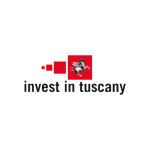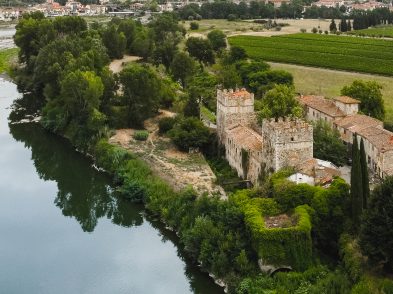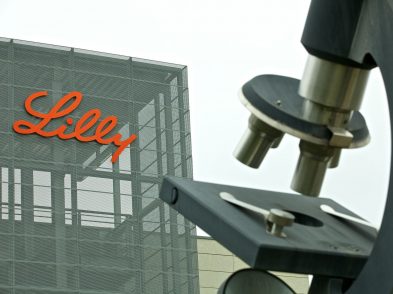Tuscany is a home to life sciences, which generate 8.8 billion euro in turnover. The pharmaceutical companies based in Tuscany represent just over ten per cent of the region’s GDP and provide employment to nearly 17,000 people. These businesses continued to generate income and jobs throughout the pandemic and are now investing heavily in a brighter future for healthcare and for Tuscany.
Toscana Life Sciences and future projects
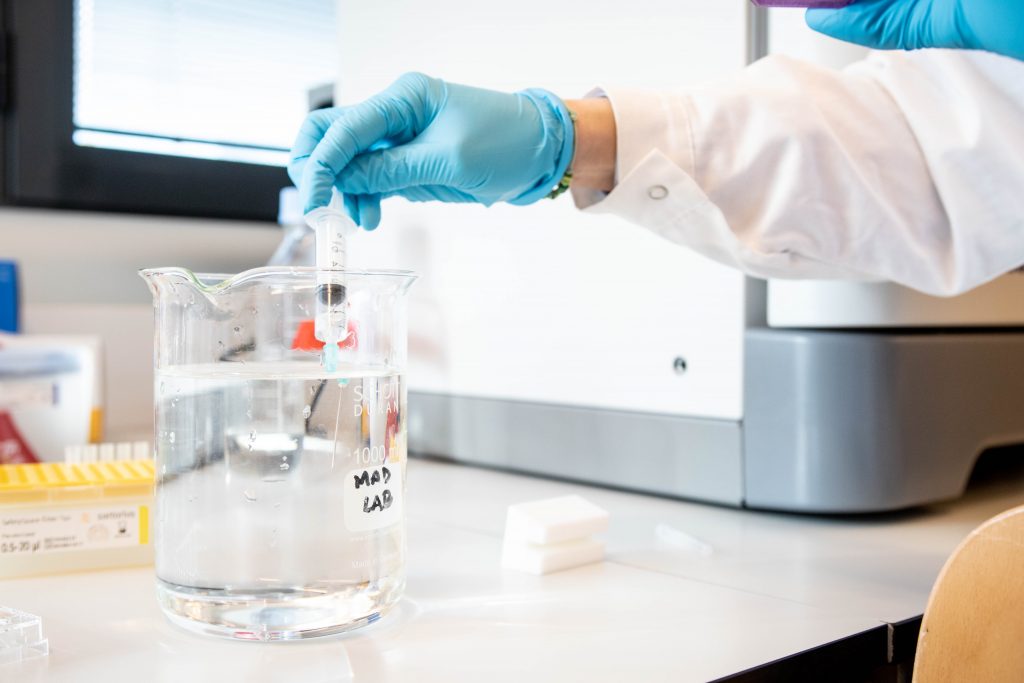
Toscana Life Sciences (TLS), set up in Siena by the Tuscany Region and other important local stakeholders, is a no-profit foundation with the objective of supporting research activities and sustaining the development of projects from basic research to industrial application.
Since March 2020, the researchers of the MAD (Monoclonal Antibody Discovery) Lab of TLS, coordinated by Rino Rappuoli, have focused on a research project for the development of human monoclonal antibodies in response to SARS-CoV-2 infection, aiming at crafting a targeted therapy. The scientific approach is based on the identification of monoclonal antibodies starting from blood taken from convalescent people, which the foundation was able to use for its research thanks to the collaboration with the National Institute of Infectious Diseases L. Spallanzani in Rome and the University Hospital of Siena and activating international scientific partnership such as that with SCRIPPS, La Jolla (California).
And Siena will be home to Italy’s biggest pandemic research hub: with the collaboration of one of the world’s leading experts in vaccines, Rino Rappuoli, the centre will also soon benefit from the consultancy of Anthony Fauci, the physician-scientist serving as the director of the National Institute of Allergy and Infectious Diseases and the Chief Medical Advisor to the President of the United States of America. Now the project is going one step further with the foundation of Biotecnopolo, backed by the Italian Ministries of Economic Development, Economics and Finance, Health, University and Research. The news came directly from the US as Italy’s health minister Roberto Speranza announced a 340 million euros investment in the hub through 2026 thanks to Recovery and Resilience Plan funding.
“The anti-pandemic hub in Siena in which we are investing 340 million euro is particularly dear to me,” Roberto Speranza remarked at the Stati Generali della Salute in Toscana conference held in Florence on June 13. “It is perhaps the most important scientific legacy from the hardest months of the pandemic. This future hub will be an exceptional place where we can put our best minds to use, such as Prof. Rino Rappuoli. I was delighted to hear that the world’s Covid expert, Anthony Fauci, has expressed a positive opinion about the work we are preparing to do at the Siena hub and that he has said he’s ready to lend a hand to Italy.”
“We are delighted and convey our deep gratitude to Roberto Speranza for having established prestigious international ties such as the one with Dr. Anthony Fauci,” commented Eugenio Giani, President of the Tuscany Region. “The anti-pandemic hub in Siena stems from the work done by the entire region, with the founding of the Tls Foundation, which conducted research and trials that were unique in Italy and the world during the pandemic. Just consider the work done into monoclonal antibodies. Now the Italian Government has invested in this too.”
The objectives of Biotecnopolo are the promotion and coordination of study, research, technical-scientific development, and technology transfer activities and innovative processes in life sciences, according to an integrated research and development chain model. Furthermore, the Anti-Pandemic Hub will act as a national reference center capable of reacting rapidly to future biological threats through the refurbishing of a former production building located in Siena, which will become a state-of-the-art facility, confirming Siena as a strategic location at a national and international level.
Toscana Pharma Valley
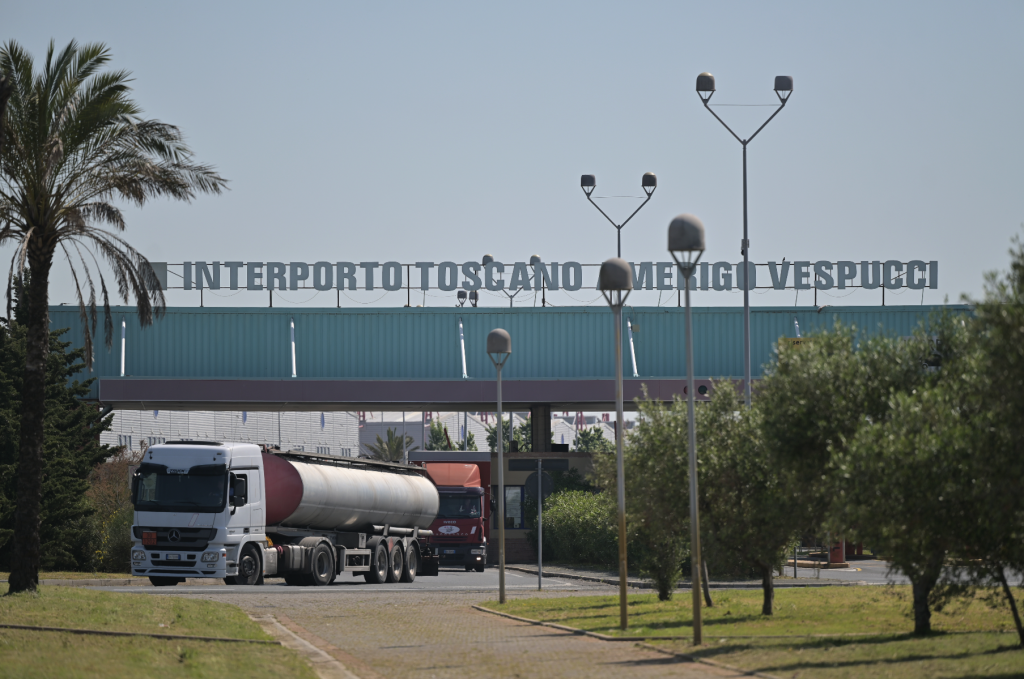
Plans to develop the Toscana Pharma Valley have been presented in Livorno. The facility will be constructed at the logistics hub in Guasticce, just outside Livorno.
Ground will be broken in July and the logistics facility is expected to be completed by mid 2024. The public-private partnership aims to build a major logistical hub to serve all of central Italy, with products leaving Livorno for Germany, France, Spain and the United States. The “valley” will consist of offices and warehouses based closer to the region’s companies than the current storages in Milan and Rome, as well as an innovative digital platform that’s capable of managing the flows of medications and components. The new facility is intended to provide a full range of services to companies, in addition to the region’s public healthcare system, which may need to adjust its logistics and distribution in the post-pandemic years that lie ahead.
The digital logistics platform, a private investment, will be established within the next two years. Signed in 2019, it was the first agreement ever to be signed among life science businesses in Italy and it currently remains the only contract in which big, often competing companies also participate, convinced that the pros outweigh the cons. At the end of 2020, the project was taken over by the Interministerial Committee to Attract Investment due to the participation of multinationals. Upon its launch, Molteni, Eli Lilly Italia, Aboca, Abiogen and Galenica Senese will be the five Tuscany-based pharmaceutical, nutraceutical and medical equipment companies that will use the structure, as well as other businesses such as Diesse Diagnostica, El.en and Kedrion.
Livorno was chosen as the best location for the logistics hub due to its vicinity to the port, Pisa Airport and the highway to Florence, in addition to the available space for air and sea freight pallets. There’s another reason, however. The facility was intended to be included in the future reinforced and simplified logistics area, something that the regional government has been working on for a while to create fast corridors that will facilitate trading thanks to the administrative and fiscal benefits. Project partners include KPMG, which is providing consultancy to the participating companies; Bcube for industrial logistics; Maersk for maritime distribution; DHL for national and international road and air transportation (there are plans to add two new weekly cargo flights from Pisa to Frankfurt); and Palladio-Pharma to run the on-site pharmaceutical workshop.
The facility will extend across 125,000 square metres, 30 per cent of which already makes up the existing logistics hub. Financed by Bcube and P3 Logistics Parks, the investment is in the range of 70 million euro, including purchasing the land and the construction project. Around 100 jobs will be created and the structure strives to become one of the largest storage and distribution centres entirely dedicated to life sciences in Europe. There’s also a green side to the development: the 12-metre-high, temperature-controlled warehouse will be powered by renewable energy, while being capable of storing up to 120,000 pallets. It is estimated that the Toscana Pharma Valley could turn over 40 million euro annually.

